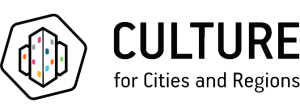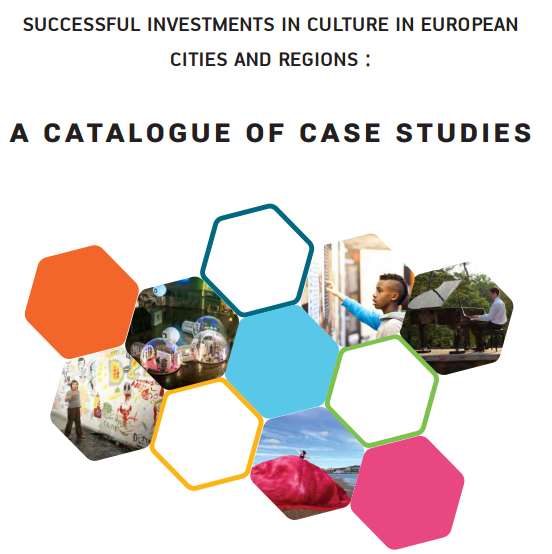
In 2013 and 2014, the DG Education Audio-visual and Culture of the European Commission was analysing the impact of its previous actions. It turned out that a great amount of good practices detected in past projects were followed by a low degree of transfer capacity.
From this take, the European Commission launched the Culture for Cities and Regions project, and subsequently for the participating cities.
My role as Head of International development of SAMOA, an agency for urban redevelopment in Nantes, was to contribute to the renown of Nantes as a European hub for urban planning and creative industries. For this reason, together with the staff of the Nantes Metropolitan Authority, we applied as a case study to be visited.
This €1 million project funded under the Creative Europe programme (DG EAC) aims to take stock of existing practices all over Europe in order to exchange and promote transfer of knowledge, to better understand successful cases of cultural investment, and to go into the details of policy planning and implementation. By making sure that cities and regions involved in the project place culture at the heart of their territorial development strategies, we aim for long lasting results that will be widely shared and showcased widely in Europe.
The purpose of the project is also to go beyond the study visits – on the one hand, with the provision of follow-up coaching to cities/regional administrations, which took part in the visits, in order to maximize its impact; and on the other hand, by reaching a larger number of interested parties through a broad dissemination of information (development of an online catalogue, website, newsletter, use of social media).
Three main dimensions will be explored throughout this project:
-culture and the creative industries for local economic development and urban regeneration
-cultural heritage as a driver for economic growth and social inclusion
-culture for social inclusion, social innovation and intercultural dialogue
During its three years, the project produced a catalogue of 70 case studies, organised 15 thematic study visits, and provided expert coaching for 10 cities/regions.

